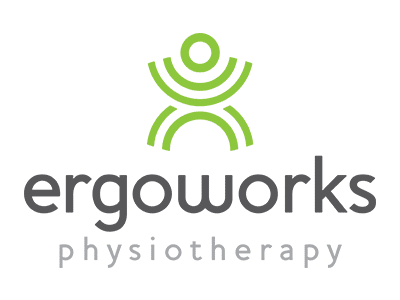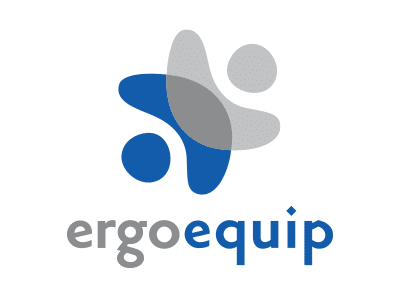What is hybrid work and how it’s reshaping the workplace

The landscape of work is undergoing a profound transformation with the advent of hybrid working. As organizations increasingly embrace flexible work arrangements, it’s essential to comprehend the dynamics of this shift and how it is reshaping the traditional workplace. In this exploration, we delve into the concept of hybrid work, its implications, and the role of ergonomic consultants in ensuring a seamless transition to this new work paradigm.
Defining Hybrid Working
Hybrid working, also known as hybrid work models or flexible work arrangements, refers to a dynamic approach where employees split their time between working remotely and being present in a physical office space. This model allows individuals to enjoy the benefits of both remote work and in-office collaboration, striking a balance that fosters productivity, flexibility, and employee well-being.
Key Characteristics of Hybrid Work:
Flexibility: Hybrid work provides employees with the flexibility to choose when and where they work, promoting a better work-life balance.
Technology Integration: The seamless integration of technology is pivotal for successful hybrid work models, ensuring effective communication and collaboration between remote and in-office teams.
Results-Oriented Approach: Instead of focusing on the number of hours spent in the office, hybrid work emphasizes outcomes and results, fostering a results-driven culture.
Customizable Schedules: Employees can tailor their work schedules to align with their most productive hours, enhancing overall job satisfaction.
Reshaping the Workplace Landscape
1. Redefined Office Spaces:
Hybrid work has prompted organizations to reevaluate the purpose of office spaces. Offices are transforming into collaborative hubs rather than being the primary location for daily work.
2. Technological Integration:
The adoption of advanced technologies, such as video conferencing tools and collaborative platforms, has become imperative to facilitate seamless communication among hybrid teams.
3. Employee Well-Being:
The emphasis on work-life balance in hybrid models contributes to improved employee well-being. Reduced commuting time and personalized work environments enhance job satisfaction.
4. Cultural Shift:
Organizations are experiencing a cultural shift towards trust and autonomy. Managers focus on results rather than micromanaging employees’ time, fostering a more empowered workforce.
5. Global Talent Pool:
Hybrid work opens doors to a global talent pool. Companies can hire individuals based on skills and expertise rather than geographical proximity, enhancing diversity within teams.
The Role of Ergonomic Consultants in Hybrid Work Environments
As organizations transition to hybrid work models, the importance of ergonomic consultants becomes increasingly evident. These professionals specialize in creating workspaces that prioritize comfort, health, and productivity, whether in a physical office or a remote setting.
1. Home Office Ergonomics:
Ergonomic consultants play a crucial role in advising employees on setting up ergonomic home offices. They provide guidance on selecting suitable furniture, positioning computer equipment, and incorporating ergonomic accessories.
2. Customized Solutions:
Recognizing that each individual’s needs may vary, ergonomic consultants offer personalized solutions to ensure that home workstations are tailored to promote optimal comfort and prevent musculoskeletal issues.
3. Training and Education:
Ergonomic consultants conduct training sessions to educate employees on proper posture, regular breaks, and exercises to maintain physical well-being while working in a hybrid environment.
4. Office Ergonomic Assessments:
For those working in physical office spaces, ergonomic consultants conduct assessments to optimize the layout, furniture, and equipment to support the well-being of employees who split their time between home and the office.
Embracing the Future of Work
Hybrid work is not just a temporary response to global circumstances; it represents a paradigm shift in how we approach work. As organizations adapt to this new reality, the expertise of ergonomic consultants becomes invaluable in ensuring that employees can thrive in both remote and office environments.
The rise of hybrid working is reshaping the traditional workplace, introducing flexibility, and placing a greater emphasis on employee well-being. The integration of ergonomic consultants into this evolving landscape ensures that individuals can work efficiently and comfortably, regardless of their physical location. As we navigate this transformative journey, embracing the future of work involves not only embracing technological advancements but also prioritizing the health and happiness of the workforce.


